Home Buying – Step 2, Get your Finances in Order
Home Buying – Step 2, Get your Finances in Order
You’ve done your interviews and picked out a Realtor you trust. The next step is to pick out a mortgage broker/banker that you can also trust. It’s this lender who will work with the underwriters to ensure the financing of your new home gets done in time for closing. So make sure it’s someone you’ve worked with before, someone referred to you by a person you trust, or someone your Realtor has an existing relationship with. If you need a few recommendations feel free to contact me.
When you find your next home and put in the offer to purchase it, the seller of that home is going to ask their Realtor “how solid are these buyers?” “Can they get this deal done?” That’s why meeting with the mortgage representative prior to looking at homes is so important. You want to make sure you know what you can afford, that you’re comfortable with those payments, that you understand the costs involved in getting the loan and that you have given the mortgage broker all the preliminary paperwork they have requested (bank statements, w2’s, tax returns, etc.) so they can give you a pre-approval letter. Once you have this knowledge and the pre-approval both you and your future seller will be comfortable that you can perform on your purchase.
Prior to meeting with the mortgage representative take the time to run a free credit report offered by Experian, Equifax and TransUnion. You’ll want to review this report prior to the meeting to ensure there is no erroneous information. If there is, you’ll want to have the information corrected to get the best rates on your mortgage and insurance. For more information on ordering and correcting your credit reports click here.
Meeting with multiple mortgage representatives in a short period of time should not affect your credit score. Typically these are treated as a single inquiry. If you are meeting with multiple lenders to get quotes let them know that and verify that their pulling your credit won’t adversely affect your credit score.
When you first meet with the mortgage representative you’ll want to make sure you walk away understanding the following:
- How much home can I afford?
- What will my payments be?
- What do those payments include?
- Payments may include – Principle, Interest, Property Taxes, Insurance, Mortgage Insurance.
- What types of loans do you offer and what type of loan are you using for my quotes?
- This is a good time to also ask who they represent. Do they represent one specific bank’s products or can they get their loans from a variety of banks and financial institutions.
- Why do you think this is the best loan for my situation?
- What would the down payment requirements be for this loan?
- What must I have to qualify for this loan?
- ie. Cash reserves, income requirements, credit rating, etc.
- Are there ways to reduce my payments?
- You may be able to buy down the interest rate, or use seller paid funds to do so.
- What interest rate is this payment based on?
- Is the rate Fixed or an ARM, what’s the term (15 or 30 year loan)?
- If the loan is an ARM, make sure you understand when rate adjustments occur and what is the very top rate that you could be charged.
- Can I lock that interest rate? If so when, for how long and at what cost?
- Make sure you get the lock in writing
- Do you work with any down payment assistance programs and do I qualify for any?
- What other costs are involved with the loan?
- Some costs may include origination, points, appraisal, credit report and closing costs. Find out which fees will be included in the loan and which will be due at closing. After you submit an application the lender is required to give you a Loan Estimate which includes all these costs at a certain loan amount and interest rate. By comparing this estimate to the other lenders you are meeting with you will know which is giving you the best possible pricing.
- Is there a Pre-Payment Penalty?
- Do your underwriters work “in-house?”
- Here you are trying to find out how easy it is for the lender to resolve issues if underwriting needs clarification on something. Will it take a matter of hours or days to clear the issue. This time-frame is important if something pops up right before closing.
- How much time do you need to fund my loan?
- Normally you will close on a house 30-45 days after submitting an offer. Many offers now guarantee that underwriting will be done within a certain time frame. Can this lender be responsive if you need to move up these dates?
- Do you offer any guarantees that we will close on time?
- Many lenders now offer an on-time closing guarantee that buyers can give to the sellers to help strengthen their offer.
- What documents will I have to provide?
- Do you have an app that let’s me provide them electronically? Some lenders allow you to take pictures of these documents with your phone through an app. Find out how this lender needs to receive the documents and what systems they have to make the process easy and quick.
- How long will it take to get an answer on my application?
- Do you see anything that might hold it up?
Finally get to know the lending representative’s business. Ask how long they’ve been in the industry. How long with this specific company. What is the experience of their support team? What’s the best way to communicate with them and when should you expect a call back if you have to leave a message? Just like your real estate agent, the lender is someone you will be working closely with. It should be someone you communicate well with and feel you can trust.







